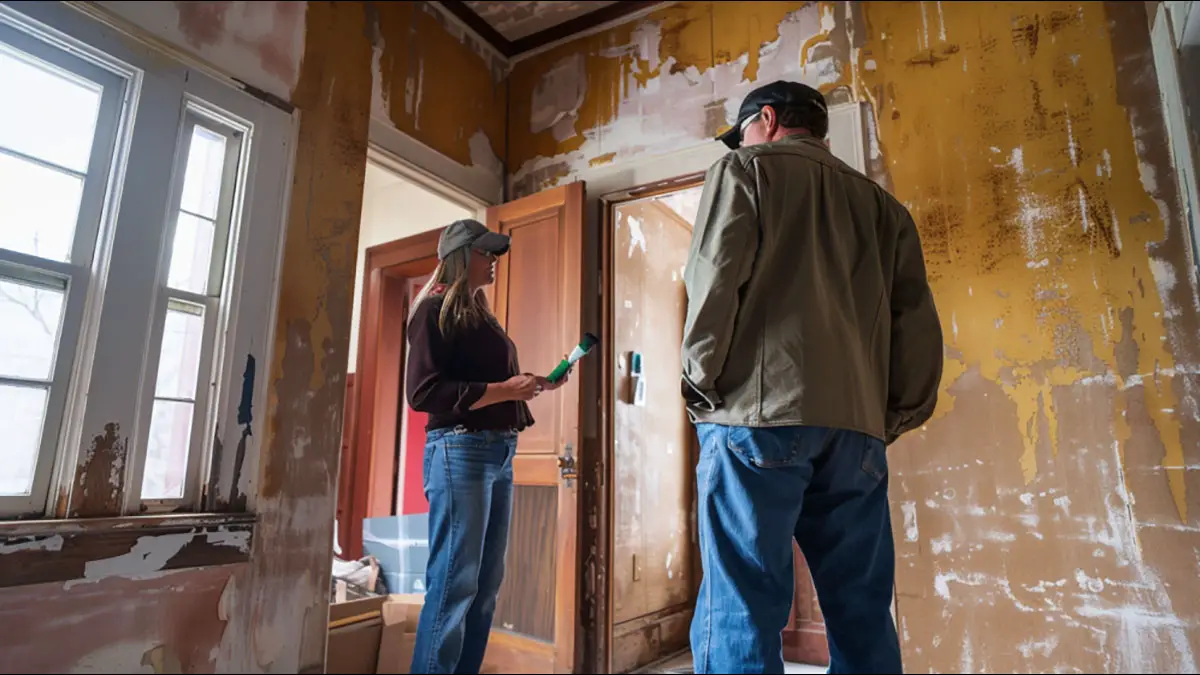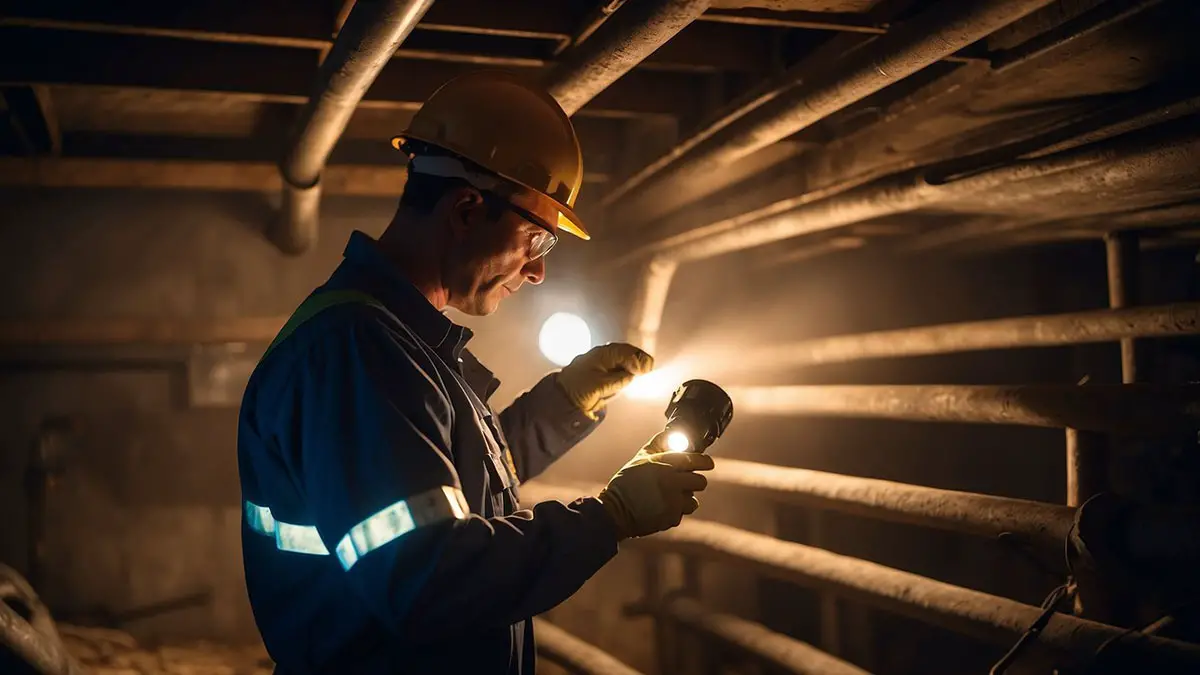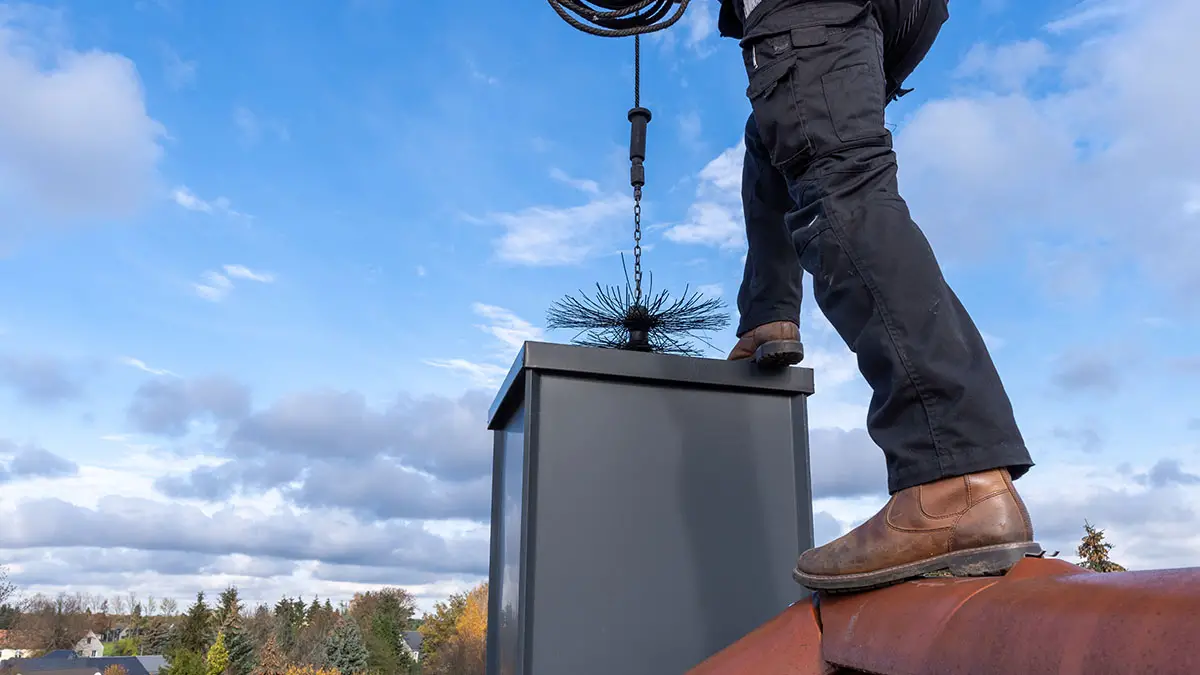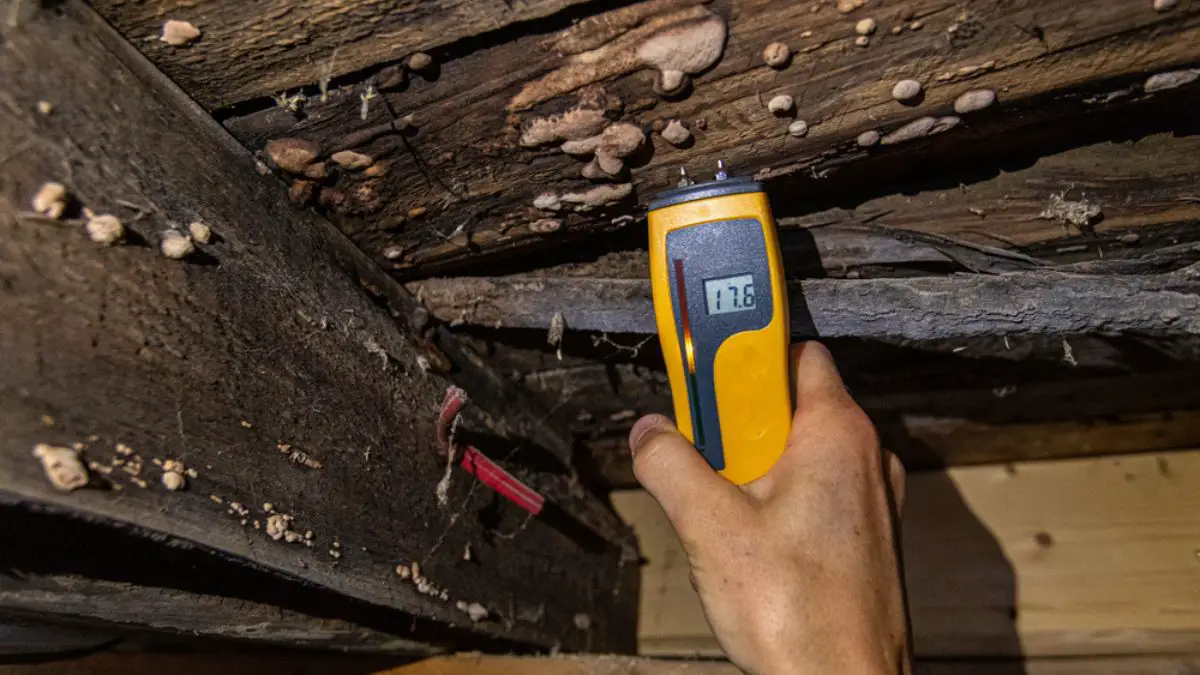Key Takeaways:
- Skipping a home inspection can speed up the buying process but comes with significant risks, such as hidden safety issues and future financial burdens.
- There are strategies to minimize risks if you choose to forego a traditional home inspection, including using recent inspections or conducting a detailed walk-through.
- Legal considerations and practical advice are essential for buyers considering this route to ensure they are protected to the fullest extent possible.
The housing market has seen unprecedented competition recently, with properties often receiving multiple offers above the asking price.
To stand out, some buyers are considering a drastic measure: purchasing a home without undergoing the traditional inspection process. This introduction explores why this trend is emerging and the potential risks and rewards associated with such a decision.
The decision to skip a home inspection can have far-reaching consequences, both positive and negative. On one hand, it might give buyers a competitive edge in a hot market.
Conversely, it could expose them to unforeseen issues that could turn their dream home into a financial nightmare. As we delve into this topic, we’ll examine the factors driving this trend and offer insights into how buyers can navigate these waters with wide-open eyes.
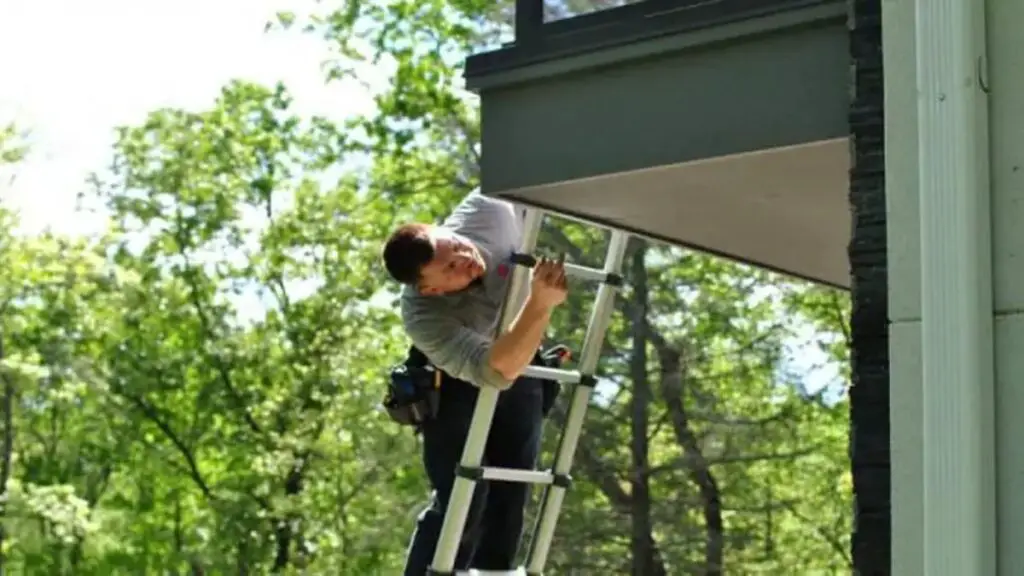
Why Buyers Consider Skipping Inspections
In today’s market, the desire to secure a home often leads buyers to waive traditional home inspection. This decision is largely influenced by the intense competition among buyers, where every advantage counts.
Real estate professionals note that this trend is on the rise, as it can significantly enhance the attractiveness of an offer in the eyes of a seller.
However, the implications of such a decision can be far-reaching, impacting not just the immediate transaction but the buyer’s long-term satisfaction and financial stability.
Experts in the field caution against skipping inspections, highlighting the potential for overlooking significant issues that could require costly repairs.
Despite these warnings, the pressure to present a compelling offer in a competitive market sometimes outweighs these concerns for buyers eager to secure their desired home.
Risks of Foregoing Home Inspections
- Legal and financial implications include lost bargaining power and the potential for significant unseen repair costs.
- Hidden safety risks such as structural problems, radon, or mold could pose health hazards.
- Buyers face long-term financial burdens from repairs and compliance issues.
| Statistic | Detail |
|---|---|
| Percentage of Buyers Waiving Inspections | Approx. 10-20% in competitive markets |
| Common Issues Uncovered in Home Inspections | – Electrical issues: 20% – Plumbing issues: 18% – Roof problems: 15% |
| Average Cost of Home Inspection | $350 – $550* |
| Potential Cost Savings by Identifying Issues Early | Up to $15,000 on major repairs |
| Increase in Bidding Success When Waiving Inspection | Up to 30% more likely to win a bid in competitive markets |
| Buyer’s Remorse Due to Unforeseen Repairs | Reports suggest up to 25% of buyers regret skipping inspections |
| Likelihood of Encountering Major Issues Post-Purchase Without Inspection | 1 in 4 homes may have significant defects not obvious to the buyer |
| Future Selling Challenges Without Prior Inspection | Increased difficulty for approx. 15% of homeowners, when undisclosed issues are discovered later |
Buying a house without an inspection comes with many risks that can have substantial legal, financial, and health implications.
Buyers lose critical bargaining power without a thorough inspection’s insights, potentially overpaying for a property riddled with issues. Safety issues, often invisible to the untrained eye, can lurk within the walls of a seemingly perfect home, ranging from structural weaknesses to hazardous materials such as asbestos or lead-based paint.
Financially, the absence of an inspection can translate into a long-term burden. Unanticipated repair costs can surface after the purchase, draining savings and causing stress.
Moreover, compliance with local building codes becomes the buyer’s responsibility, potentially resulting in additional expenses to rectify unauthorized modifications or installations.
Professionals and experts in the field underscore these risks, sharing anecdotes of buyers who faced significant challenges post-purchase due to issues that a standard home inspection would have uncovered.
These stories serve as cautionary tales for those contemplating skipping inspections, highlighting the importance of due diligence in home-buying.
Waive the Contingency But Not the Inspection
Waiving the inspection contingency doesn’t have to mean skipping the inspection altogether.
Buyers can still conduct a home inspection for their peace of mind without making the sale contingent on the inspection results. This approach allows buyers to understand the property’s condition while keeping their offer attractive to sellers by reducing contract contingencies.
Home Inspection vs. Home Appraisal
It’s crucial to distinguish between a home inspection and a home appraisal. A home inspection evaluates the property’s physical condition, identifying any repairs or maintenance issues.
In contrast, a home appraisal determines the property’s market value, often required by lenders to ensure the loan amount does not exceed the property’s worth. Both are essential but serve different purposes in the buying process.
Strategies for Minimizing Risks Without a Formal Inspection
- Consider requesting recent property inspections from the seller.
- Conduct personal walkthroughs with knowledgeable individuals.
- Research the property’s history and consult with neighbors.
For buyers navigating a market where waiving inspections may seem necessary, there are strategies to mitigate the associated risks. Requesting access to any recent inspections the seller may have conducted can provide valuable insights into the property’s condition.
Additionally, arranging for informal walkthroughs with friends or professionals with a construction or home maintenance background can offer a cursory review of the property’s state.
Researching the property’s history through public records and speaking with neighbors can also yield important information about past issues or ongoing concerns.
While not a substitute for a professional inspection, this approach can help buyers gather crucial data to inform their decision-making process.
Legal Considerations and Contractual Strategies
- Understanding the importance of contingencies in real estate contracts.
- The value of negotiating terms for inspections or due diligence.
Navigating the legal landscape of buying a home without a formal inspection requires a careful approach to contract negotiation. Real estate contracts often include contingencies that provide legal outs for buyers based on the results of home inspections.
When waiving these inspections, it’s crucial to understand the implications and explore alternative contractual strategies that can offer protection.
For instance, buyers might negotiate for a clause that allows for a brief inspection period or the option to back out based on severe issues discovered through other means, such as disclosures from the seller or preliminary assessments.
Legal experts stress the importance of such negotiations, advising buyers to seek terms that allow for some form of due diligence, even if a full inspection is waived. This approach can safeguard against buying a property with significant undisclosed issues, providing a layer of security in the transaction.
Alternatives to Traditional Home Inspections
- Explore alternative assessment methods when full inspections are not feasible.
- Utilize seller disclosures, third-party reports, and informal consultations to assess property condition.
When a traditional home inspection isn’t possible or practical, buyers have several alternative methods to assess the condition of a property.
One approach is to request detailed disclosures from the seller, which can highlight known issues with the property.
Additionally, some sellers may provide reports from recent inspections they’ve conducted, offering insight into the home’s state without needing a new inspection.
Informal consultations, known as “walk-and-talk” inspections, can also be valuable. In these scenarios, a home inspector or knowledgeable professional accompanies the buyer during a visit to the property, offering insights and observations without the formality of a full inspection report.
While these alternatives do not replace the comprehensive evaluation provided by a formal inspection, they can offer valuable information that helps buyers make more informed decisions.
What Else Can Buyers Do to Beat the Competition?
Beyond navigating the inspection process strategically, buyers can enhance their competitiveness by offering above the asking price, providing a higher earnest money deposit, or showcasing flexibility with closing dates.
Personal letters to sellers, explaining the emotional connection or plans for the home, can also make offers stand out.
FAQs
What is an inspection contingency?
An inspection contingency in a real estate contract allows the buyer to conduct a home inspection and back out of the purchase based on the inspection results.
What does it mean to waive the inspection?
Waiving the inspection means the buyer agrees not to conduct a home inspection as a condition of the purchase. This can make an offer more appealing to sellers in competitive markets but increases the buyer’s risk.
Is waiving a home inspection legal?
Yes, buyers can legally choose to waive a home inspection, but they should understand the risks and implications.
What are the biggest risks of buying a house without an inspection?
The most significant risks include inheriting costly repairs and safety hazards.
Can you still negotiate after waiving an inspection?
Negotiating after waiving an inspection is challenging since the leverage typically comes from inspection findings. However, other factors like appraisals or disclosures might provide some negotiation opportunities.
What are the biggest risks of buying a house without an inspection?
The biggest risks include unforeseen repair costs, safety issues, and the possibility of overpaying for a property with significant hidden problems.
How can buyers protect themselves when skipping a home inspection?
Buyers can protect themselves by requesting seller disclosures, seeking alternative assessments, and negotiating contract terms that allow for some due diligence.




